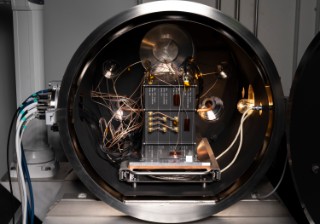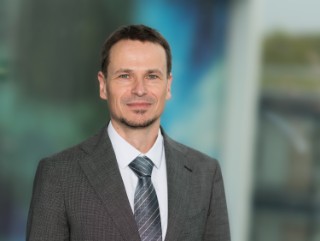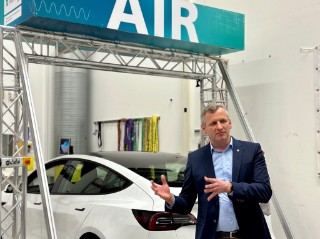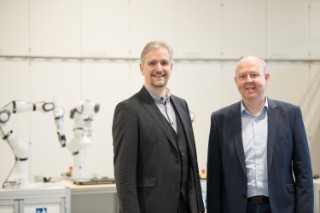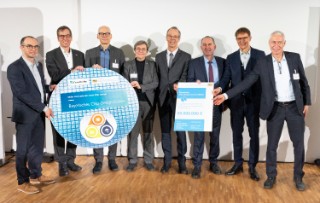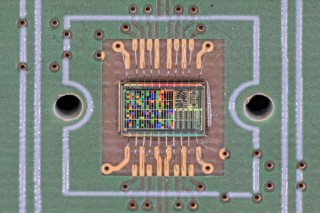
Erlangen, Germany: The nanoSPECTRAL chip is a chip-size spectrometer based on the nanoSPECTRAL technology developed at the Fraunhofer Institute for Integrated Circuits IIS. This chip offers an innovative solution for spectral analyses, making it possible to measure the optical spectrum of a wide variety of objects quickly and precisely – both in transmission and in reflection. What’s new is that the technology is compact, affordable, and easy to integrate into existing systems. This opens the door to new potential applications – from agriculture and the food industry to medical applications. The nanoSPECTRAL chip will be presented at electronica in Munich from November 12 to 15, 2024.
more info